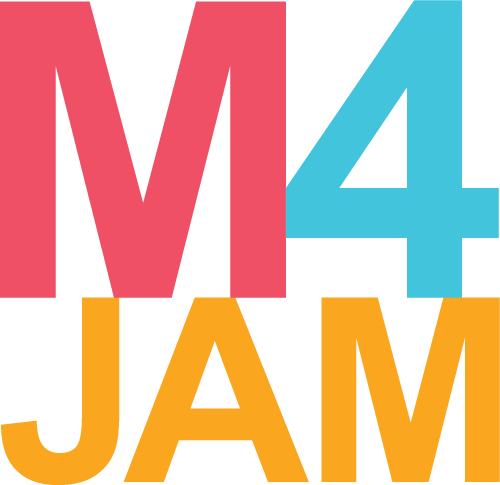It’s no secret that the Gig Economy has seen a significant rise in popularity. It’s estimated that there are approximately 30 million digital platform workers globally doing work that is outsourced via platforms or apps. However, there are some that label gig platforms as modern-day slavery. The same group questions their ethics and agendas. They act outside of any labour regulation, work provided is inconsistent, and they lack the protection afforded to employees like sick leave, medical or disability cover or any contribution towards a pension/provident scheme. It’s this lack of financial insecurity which has its naysayers begging for blood. One of the most significant indiscretions that I have seen by companies operating within the gig economy is that they intentionally avoid labour regulations governing minimum wage and essential benefits to employees by hiding behind the mask of an independent contractor contract. Some of the world’s biggest platforms have continuously been in the spotlight for this specific issue. Uber has appeared in courts around the world including South Africa where the freelancers of Uber have challenged their employment status based on the control Uber has over their working conditions and the hours that they commit to the platform.
Why then you would ask, would freelancers accept this form of work? The answer is simple. With all the insecurity comes to the benefit of flexible working conditions and let’s be honest with one another, people are desperate out there. Moonlighting has always been frowned upon in this country and clauses preventing moonlighting appears in almost every employment contract I’ve seen. But sadly, the compensation they receive through their employment is just not enough. This is where you see the trend in countries like the USA, where people are carrying 2 if not 3 jobs at the same time. This is the reality of the world we live in today.
If our clients are like the water that feeds us, our Jobbers are the soil that our roots grip onto that secures us. They are the bedrock through which we can build a sustainable and scalable business which is valid for all platforms that want longevity. What is needed in the gig economy in the modern day is responsible and fair platforms that understand that their freelancers’ security is their concern regardless of the time and effort that these freelancers invest into their platform.
So let’s dig into how a responsible platform should behave and in particular how M4Jam will be leading the way locally and abroad. Above all else, how are we raising the bar? Here are three defining steps we are taking:
- Compensation: Earning capabilities generally lead this debate within the Gig economy with the minimum wage (R20 per Hour) being the standard. This is an extremely low benchmark for work that is a critical service to the success of a platform. The next bar is that of a Living wage (R39 per Hour) which caters for a basic but decent standard of living. We have created our own bar by compensating our jobbers at a blended rate of R2 per minute or R120 per hour. That is the significant value we place on our Jobbers and the acknowledgement of their role in our business.
- Working Conditions: Actively improve the working conditions for your freelancers. Their safety and wellbeing should be your concern, so what steps can you take? A direction M4jam is taking to actively improve the conditions of jobbers is by insuring them while they are executing tasks. As long as our jobbers are active on the platform, we will safeguard them with the necessary cover. Options we are exploring are personal liability which covers Death and disability.
- Employment Status: A workers employment status is determined through what is referred to as the “Dominant impression test” which is used to determine whether a worker is an employee or independent contractor. It is my opinion that there appears to be a fear in the gig economy to acknowledge workers as employees even though they act as employees. But Independent contractors also see time flexibility as a big selling point to the gig economy. Finding a common ground where jobbers can have the flexibility of an independent contractor while benefiting from the protection afforded to an employee would be the ideal circumstance. Why can’t workers move fluidly between these different employment statuses based on their input and desire? If workers participate in the gig economy to subsidize their current income or lifestyle and invest less time and effort, they clearly would be an independent contractor. However, if workers see this as their primary source of income and the volume justifies a full commitment of their time and effort, would they then not be an employee? Now why, can’t this be the same person from one month to the other? These are the problems we as M4Jam are trying to solve.
In 2019 we were introduced to the Fairwork project who are in essence ranking platforms based on measures of fairness in labour practices that they adopt within their daily processes. Their framework added great structure to our thought processes at that time and participated in their study this year. We received a 7/10 rating for our first attempt. I believe M4jam will become the flagship platform for the Fairwork platform and a great example to all platforms in the Gig Economy. It is our responsibility to ensure that we are offering not only our clients value but our freelancers or independent contractors too. Don’t mistake me here, this is not about taking advantage of someone desperate so would accept any opportunity but by indeed increasing the standard of living of your workforce and inspiring them to want more and be better.
So watch this space!
Richard Dunn, Chief Implementation Officer, M4Jam
